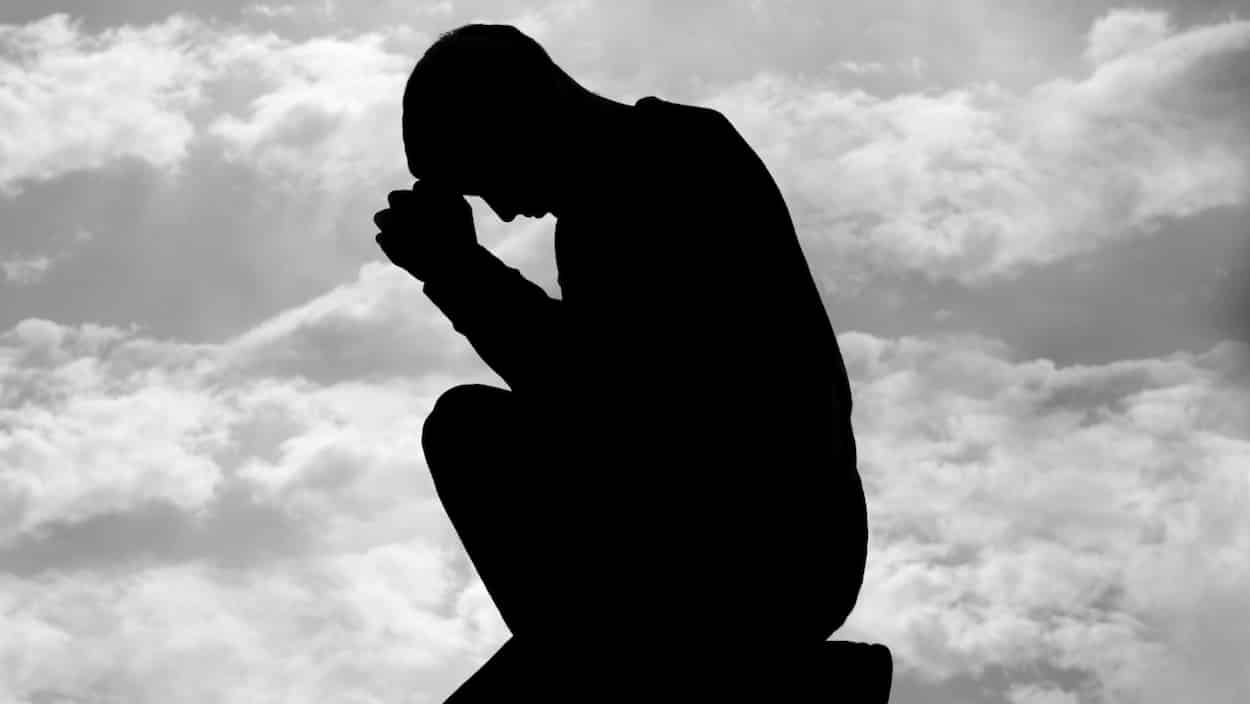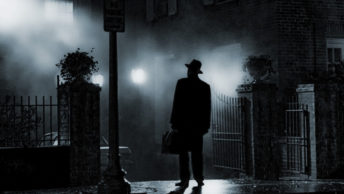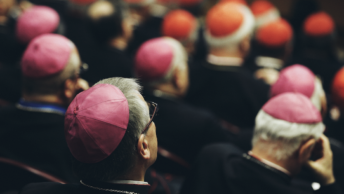Most of us are still struggling to grasp the enormity of the recent attacks on Israel by Hamas. We heard the reports and saw the pictures of what was done to civilians. Families butchered in their beds. Babies decapitated and burned alive with parents forced to watch. Men massacred. Women dragged away, gang raped, slashed, and beaten to death. And the absurd irony is that the perpetrators who slaughtered “God’s chosen people” believed God was directing them to do so!
We’ve struggled for a word that fit what we were seeing: “Uncivilized?” Savage?” “Depraved?” “Barbaric?” “Primitive?” “Brutish?” “Bestial?” “Evil?” No single one is adequate. We also have wondered what reaction could truly express our feelings. Lowering our heads in shame? Sobbing? Praying? Sadly, nothing seems sufficiently caring or human.
Alas, not everyone has reacted that way. Great numbers filled the streets toasting the murderers, chanting “Kill the Jews,” and waving swastikas in memory of the Holocaust.
What could have made these people respond so heartlessly to what history will surely record among the most shameful events in modern history? One cause is the widely believed view that the land Israel occupies was stolen from the Palestinians. (Not true. History shows the Jewish claim is both ancient and prior.) Another is that Israelis have refused to accommodate Palestinians. (In fact, in the 1994 Oslo Accords, they transferred much of the Gaza Strip to the Palestinians.) A third is that Israel has attacked the Palestinians and others in the region many times. (This too is false. Israelis have never initiated an attack; they have only responded when they were attacked.)
I believe the most significant cause of the heartless view of Israeli victims, the cause that underlies all others, is the changing view of morality. Many people have come to believe that there is no single view of right and wrong. Instead, whatever people believe to be right is “right for them.” We’ve seen that view in action in recent years in our own country. If people feel offended, they believe they are justified in demonizing or assaulting the presumed offenders. They can shout down those with differing views, knock down statues, loot stores, steal cars, burn buildings, and terrorize neighborhoods. Any excuse, no matter how false or absurd, is justification for doing anything they feel like doing.
The moral standards our grandparents and grandparents embraced and taught us are now viewed as an historical aberration. And that is the biggest lie of all. Ancient civilizations embraced essentially the same moral codes we grew up with. Consider these examples that C.S. Lewis offered in The Abolition of Man.
Ancient Egyptian: “Terrify not men or God will terrify thee.” “I have given bread to the hungry, water to the thirsty, clothes to the naked, a ferry boat to the boatless.”
Babylonian: “Slander not.” “Speak kindness . . . show good will.”
Hindu: “I have not caused hunger. I have not caused weeping.” “He who is asked for alms should always give.”
Ancient Chinese: “He whose heart is in the smallest degree set upon goodness will dislike no one.” “The Master said, ‘Respect the young.’”
Ancient Jewish: “Love thy neighbor as thyself.” “Love the stranger as thyself.”
Old Norse: “Take no vengeance even though they do thee wrong.”
Roman: “Great reverence is owed to a child.”
Greek: “Choose loss rather than shameful gains.”
Anglo-Saxon: “I sought no trickery, nor swore false oaths.”
Muslim (Quran): “Don’t take women by force . . .” Restrain your anger.” ” Respond to evil with good.” ” Speak nicely, even to the ignorant.” ” If the enemy wants peace, then accept it.” “Make peace between fighting groups.” ” Don’t let hatred cause you to be unjust.” ” Forgive others, as you would like Allah to forgive you.”
That last example may come as a surprise to some. They will say, “How can you attribute those moral principles to Muslims. After all, are not the Hamas men who behaved so brutally Muslims?” The answer to that is simple. They may be Muslims, but they are not good Muslims, just as the Christians who owned slaves, massacred Native Americans, burned people at the stake, or molested children were not good Christians.
So what are those who believe in God to do? Among the most important things are to pray that the violence will end, that those who committed it will receive the grace to repent and never repeat their actions, and that those who suffered it will be able to protect themselves and their loved ones without descending to the barbarity they and their loved ones have suffered. In addition, we can pray that all of us who have witnessed the horrible events from afar will live God’s will more faithfully. That will has nowhere been expressed more completely nor more movingly than in the following prayer named for St. Francis of Assisi:
Lord, make me an instrument of your peace:
where there is hatred, let me sow love;
where there is injury, pardon;
where there is doubt, faith;
where there is despair, hope;
where there is darkness, light;
where there is sadness, joy.
O divine Master, grant that I may not so much seek
to be consoled as to console,
to be understood as to understand,
to be loved as to love.
For it is in giving that we receive,
it is in pardoning that we are pardoned,
and it is in dying that we are born to eternal life.
Amen.
Copyright © 2023 by Vincent Ryan Ruggiero. All rights reserved








